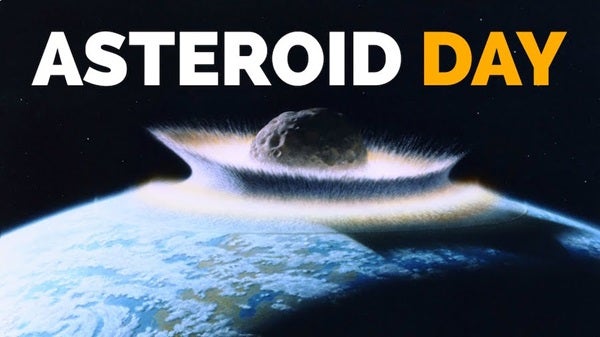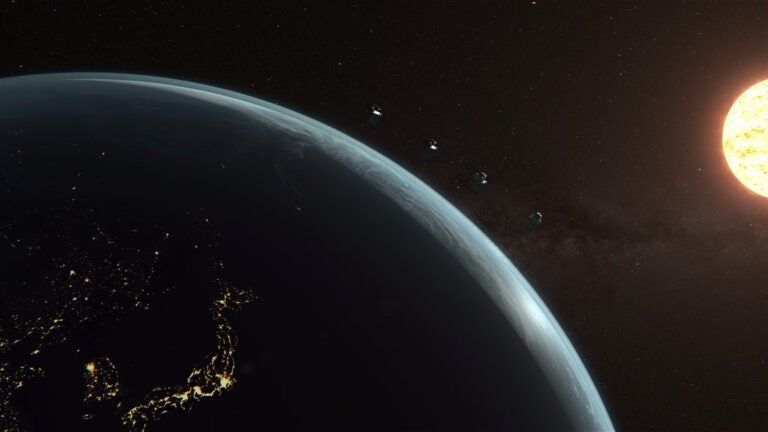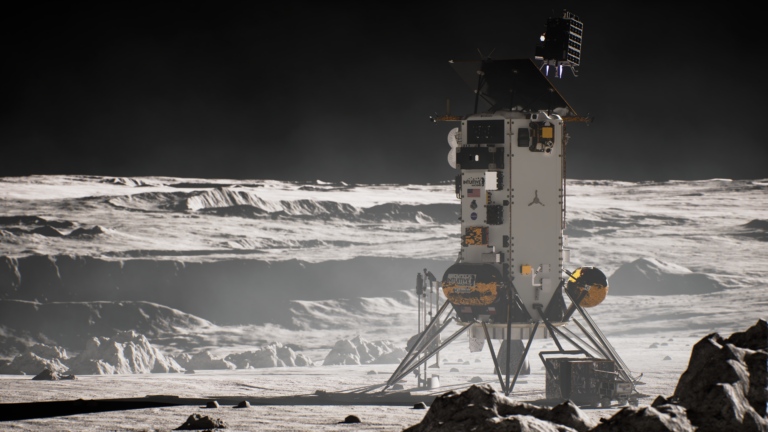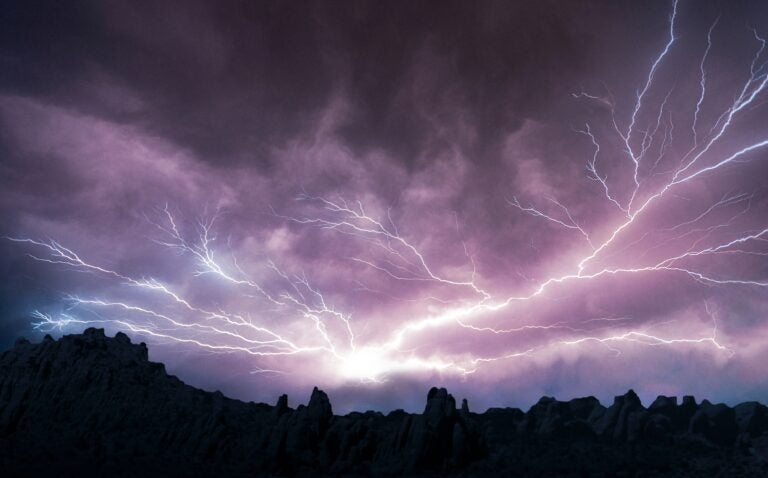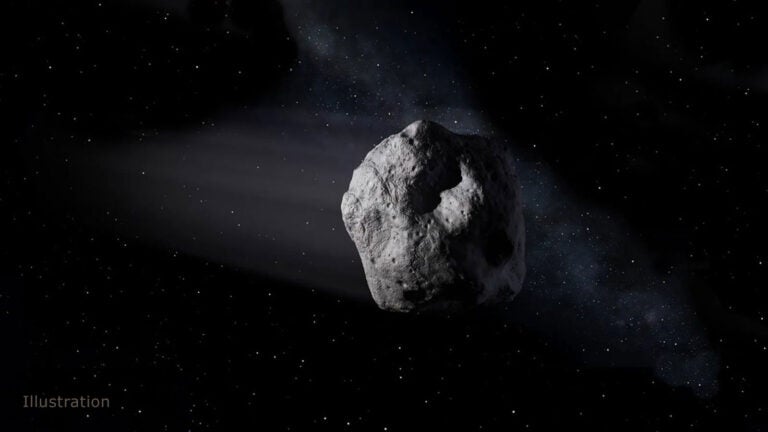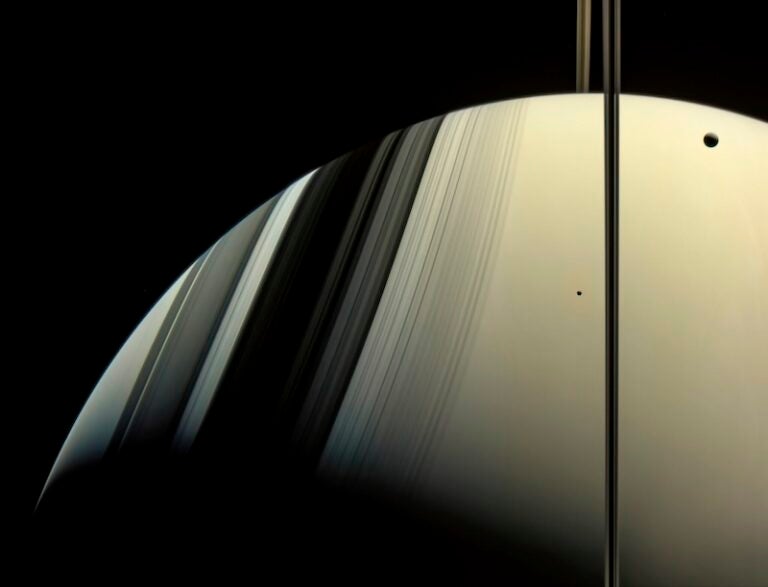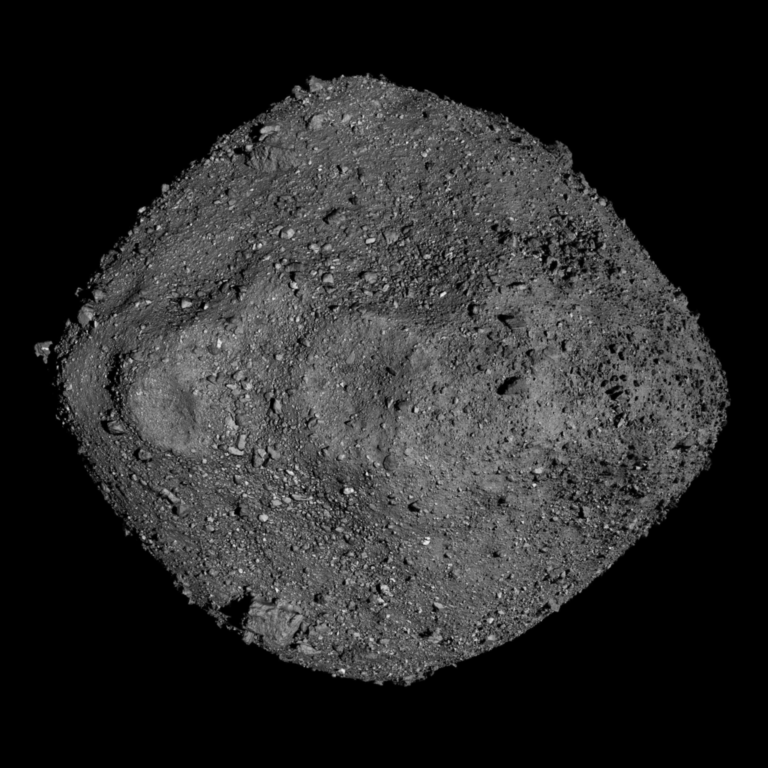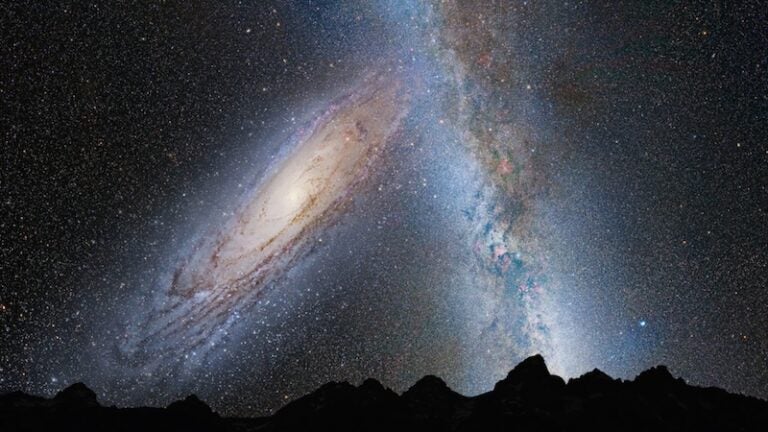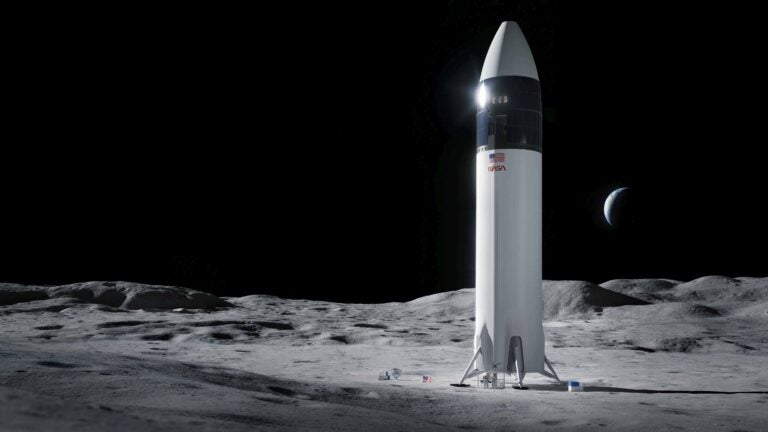With less than one week to go before the first official Asteroid Day on June 30, local organizers are making final preparations for more than 50 public events worldwide to increase education and awareness about asteroids and how to better detect them. June 30 is the anniversary of the largest asteroid impact of Earth in recent history, the 1908 Siberian Tunguska asteroid impact. The 100X Declaration, calling for increased detection and tracking of near Earth objects, is open for public signature.
“Our surveillance of near-Earth objects is not good enough, so we are trying to ramp up the rate of detection by 100 times,” said astrophysicist and musician Brian May. “Signing the 100X Declaration is a way for the public to contribute to bringing about an awareness that we can protect humanity now and for future generations.”
More than 36 astronauts and cosmonauts are participating in Asteroid Day. A partial listing includes: Pedro Duque (Spain); Tamara Jernigan (U.S.); Tom Jones (U.S.); Alexei Leonov (Russia); Ed Lu (U.S.); Patrick Michel (France); Dorin Prunariu (Romania); Andres Eloy Martinez Rojas (Mexico); Franz Viehboeck (Austria); Rusty Schweickart (U.S.); and Anousheh Ansari (U.S.), the first woman private space traveler.
“If we can track the trajectories of asteroids and monitor their movement in our solar system, then we can know if they are on a path to impact Earth,” said Apollo astronaut Rusty Schweickart. “If we find them early enough, we can move them out of Earth’s orbit — thus preventing any kind of major natural disaster.”
Related: Superstars of Astronomy podcast featuring Rusty Schweickart
All events have been organized locally by museums, research institutes, government agencies, universities, astronomers, filmmakers, and concerned citizens and include lectures, films, expert science presentations, and educational workshops in Australia, Austria, Brazil, Bulgaria, Canada, Czech Republic, Germany, Great Britain, Greece, India, Italy, Mexico, Romania, Spain, Turkey South Korea, and the U.S, among other locations. The event at the Natural Museum of Vienna Austria is being held in partnership with the United Nations Committee on the Peaceful Uses of Space. The European Space Agency (ESA) has organized a Twitter discussion #Ask ESA about #asteroids, an online Q&A with ESA experts.
The film that inspired Asteroid Day, 51°North, produced by German filmmaker and Asteroid Day co-founder Grigorij Richters, is about a futuristic asteroid impact and its human ramifications. The film will premiere at the London event at the Science Museum IMAX Theatre and be available online via AsteroidDay.org. The film’s music was scored by May, the famous lead guitarist of Queen. Profits from the film’s showing are being donated to Asteroid Day.
The 100X Declaration calls for a 100-fold increase in the detection and tracking of asteroids or near-Earth objects (NEOs) in our solar system and is open for public signature at Asteroidday.org. Notable public and private citizens have signed the 100X Declaration: Lord Martin Rees, UK Astronomer Royal; Jane Luu; Jill Tarter; Bill Nye; scores of astronauts and cosmonauts, including Helen Patricia Sharman, the first Briton in space; leading scientists Kip Thorne, Brian Cox, and Richard Dawkins; and leaders in business Alan Eustace, Peter Norvig, Peter Gabriel, writer David Brin, and The Discovery Network’s Meteorite Man Geoff Notkin, among others. For a full listing of signatories, see http://www.asteroidday.org/signatories-list.
Founding Partners of Asteroid Day include the Association of Space Explorers, Astronauts Without Borders, B612 Foundation, California Academy of Sciences, The Planetary Society, Natural History Museum of Vienna, Seattle’s Museum of Flight, and Starmus. Media partners include Astronomy magazine, Astronomy Now, Slooh, and premiere media sponsor Discovery Science, which is airing “Countdown to Asteroid Day” to more than 40 million households across Europe, UK, Middle East and Africa.
Additional information on Asteroid Day, the 100x Asteroid Declaration, photos, and video are available at http://www.asteroidday.org.
Join the events live and on Twitter (#AsteroidDay) and on Facebook.

